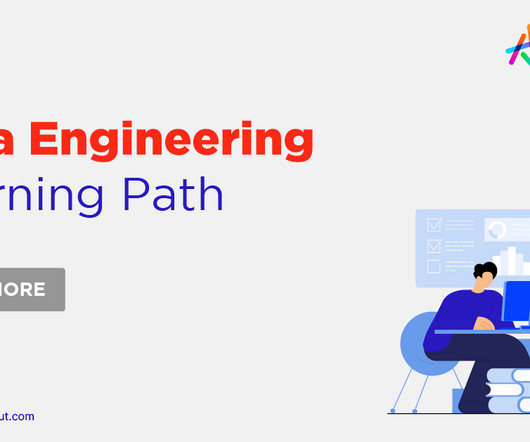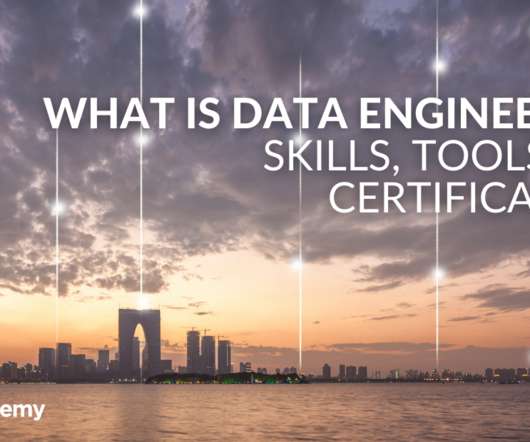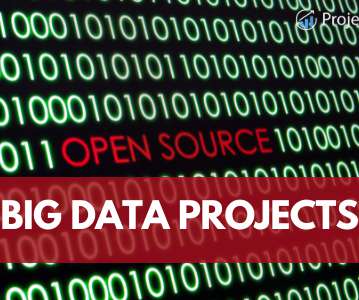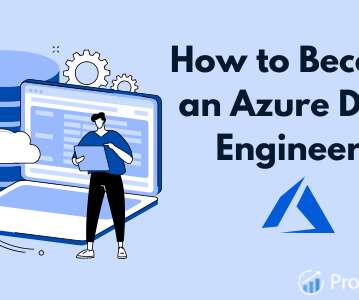Data Engineering Learning Path: A Complete Roadmap
Knowledge Hut
JUNE 23, 2023
Other Competencies You should have proficiency in coding languages like SQL, NoSQL, Python, Java, R, and Scala. You should be thorough with technicalities related to relational and non-relational databases, Data security, ETL (extract, transform, and load) systems, Data storage, automation and scripting, big data tools, and machine learning.














Let's personalize your content